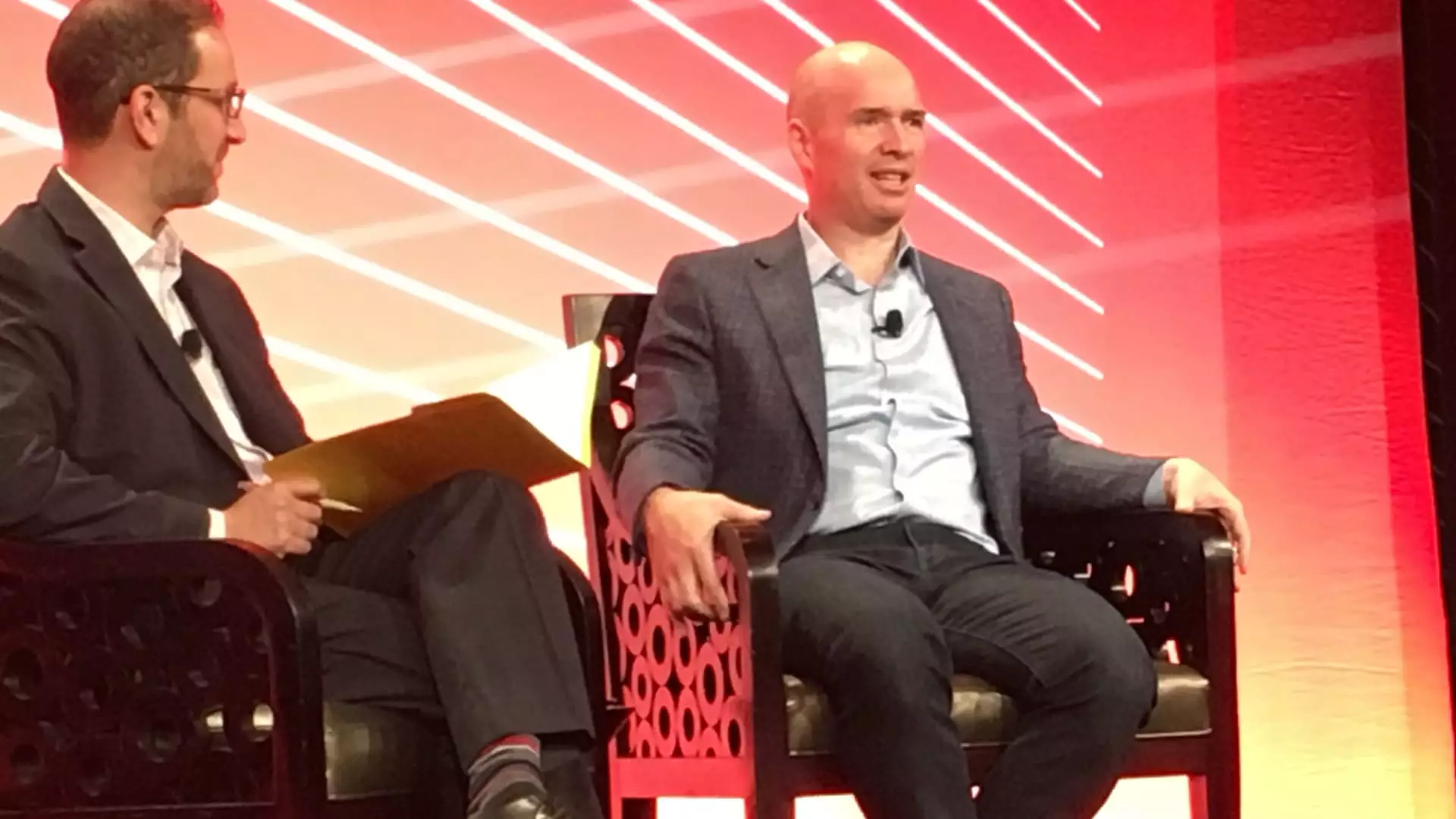In a surprising turn of events, venture capitalist Ben Horowitz has shifted his political support from Donald Trump to Vice President Kamala Harris within just a few months. This dramatic change highlights the fluid nature of political affiliations in today’s climate, particularly among influential figures in the tech sector. The implications of such shifts go beyond mere donations; they reflect deeper connections and evolving priorities in the intersection of politics and technology.
Horowitz’s relationship with Harris serves as a critical backdrop for his decision to change financial allegiances. Having known the Vice President for over a decade, he cites personal friendship as a significant influence on his current support. This kind of personal connection often plays a vital role in political fundraising, where familiarity can bridge traditional party lines and drive contributions. By stating that he and his wife, Felicia, have long valued their friendship with Harris, Horowitz also emphasizes how interpersonal relationships can sometimes outweigh political ideologies in the world of funding.
Before his recent pledge to support Harris, Horowitz had been a vocal backer of Trump’s campaign. His firm, Andreessen Horowitz, had publicly aligned itself with what it termed a “little tech agenda,” aiming to defend smaller tech operations against regulatory pressures they associated with the Biden administration. This strategy reflects a defining challenge for tech investors: navigating political environments that can significantly impact their investments and the overall market landscape. Horowitz’s prior endorsement of Trump and his firm’s criticism of the Biden administration reveal how tech leaders sometimes prioritize specific issues over broader partisan loyalty.
Horowitz’s donations reflect a broader trend among tech investors who are increasingly willing to engage in political discourse. With the tech sector facing heightened scrutiny, especially regarding regulatory challenges and concerns over cryptocurrency, financial support can be perceived as a strategic maneuver. By backing Harris, Horowitz may be looking to secure a more favorable environment for the innovations and startups that form the backbone of his investment strategy. This evolving dynamic serves as a reminder that political contributions are often tied to business interests, raising questions about the motivations behind such financial support.
As the 2024 election approaches, Horowitz’s decisions will undoubtedly attract attention, especially given his influential position in the tech world. The uncertainty surrounding the political landscape—combined with ongoing challenges for startups and emerging technologies—creates a compelling narrative about the potential influence of political donations on the future of the tech industry. Horowitz’s pivot to support Harris not only underscores the importance of personal relationships in political fundraising but also signals a possible shift in priorities among tech leaders as they navigate an increasingly complex political environment. As these dynamics evolve, the tech sector may become a significant player in shaping political outcomes and policies that directly impact its future.

